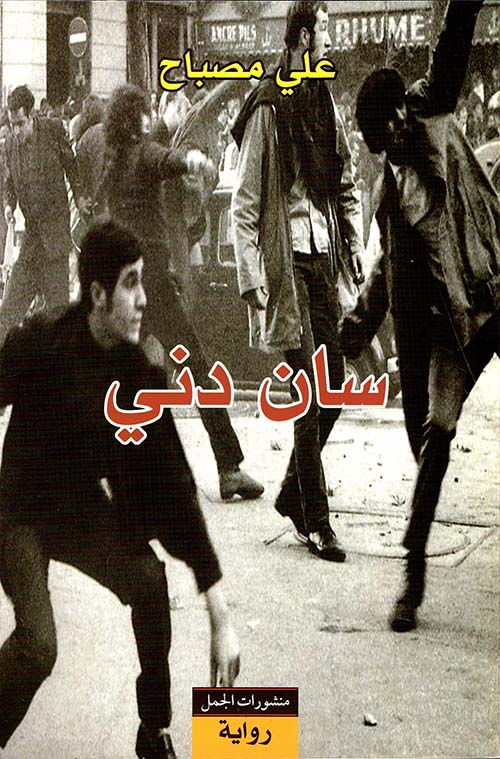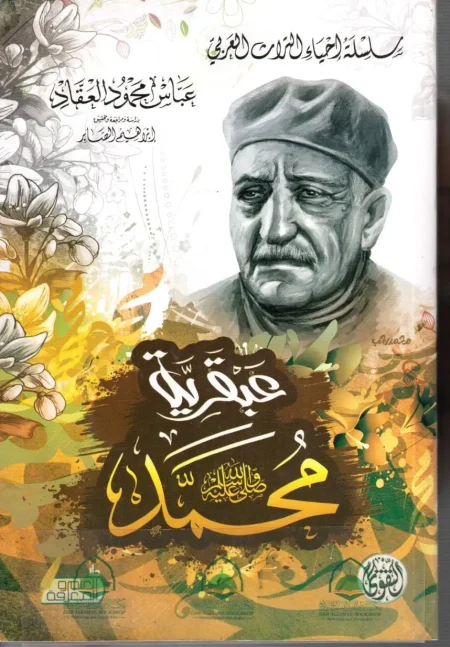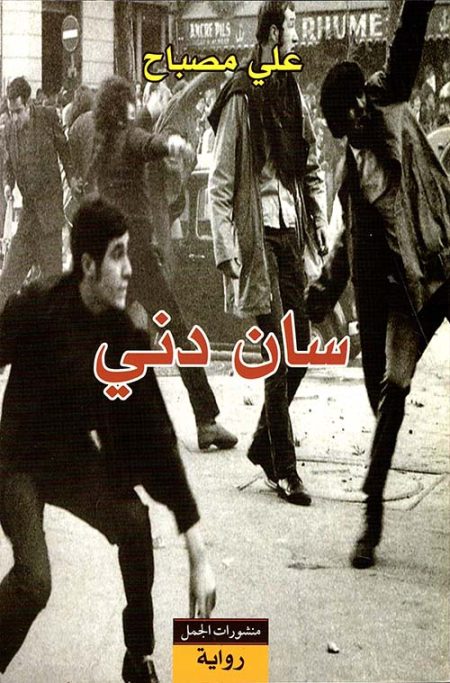Description
The Arab dream of immigrating to the countries of Western Europe is what comes to mind when reading the novel by the Tunisian writer Ali Misbah, “Saint Denis”, specifically to the city of Marseille, and the time is the nineteenth century AD, and the dreams of young people to throw themselves into the arms of French girls, as we believed, or at least as we wished for ourselves”, but the reality is completely different “There are the mysterious figures of Algerians and Africans who cause the darkness of the evening with their heavy, staggering steps on the sidewalks, as if they were walking inside a heavy dream…” This scene is one aspect of the relationship between the south and the north, between the east and the west, which the writer’s vision presents, and it is expressed through a group of young Maghrebis who saw their salvation in traveling to France and working there, I mean our group consisting of Youssef, Riyad, Mahrez and me”, and the ego is Adel Saidan who threw his shoe into the sea, saying in a celebratory tone “I will not return”. Because the winds do not blow as the ships desire, the heroes of the novel will face difficulties, and our journey, which we dreamed of as a fun outing in the cities of dreams, turns into a kind of adventure that is not without fears and dangers. Ali Misbah tells these events in his novel, starting with the title that refers to one of the French cities. As for the narration, it sways between the front and the back, and swings between the outside and the inside – thoughts and memories.. In the novel, there is one narrator who holds its threads and uses the third person form, and the narrator disappears behind him. It can also intersect with some of the characters of the work from the same group. The novel also features a network of narrative relationships in which the narrative shuttle moves between France – Tunisia – Paris – Marseille. Perhaps the form that the dialogue takes in the text reflects the nature of the dialogue between the self and the other, between the south and the north, or between east and west. The language is formulated between classical and colloquial, and tends towards short and medium sentences. With these specifications and others, the novelist addresses the topic of immigration, which is old-modern, but with a different approach.












Reviews
There are no reviews yet.